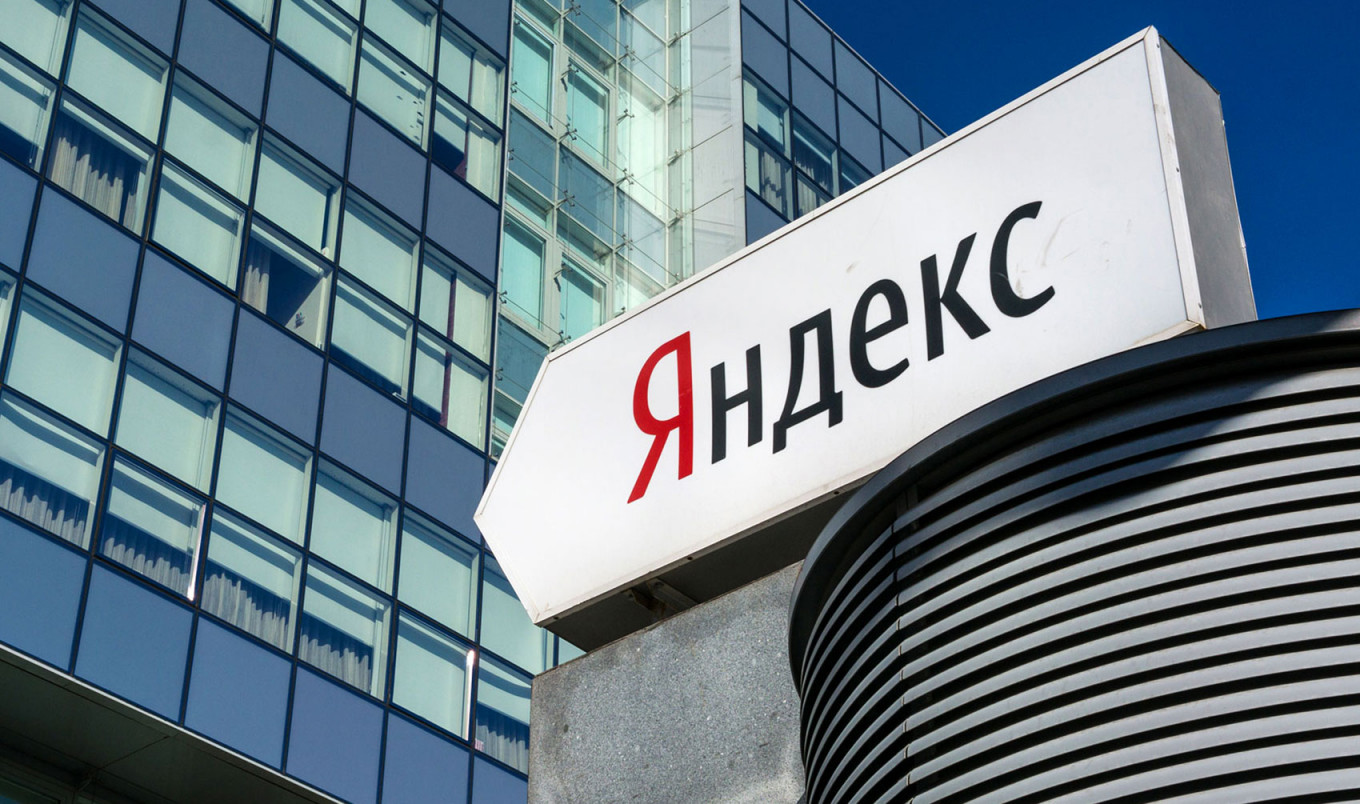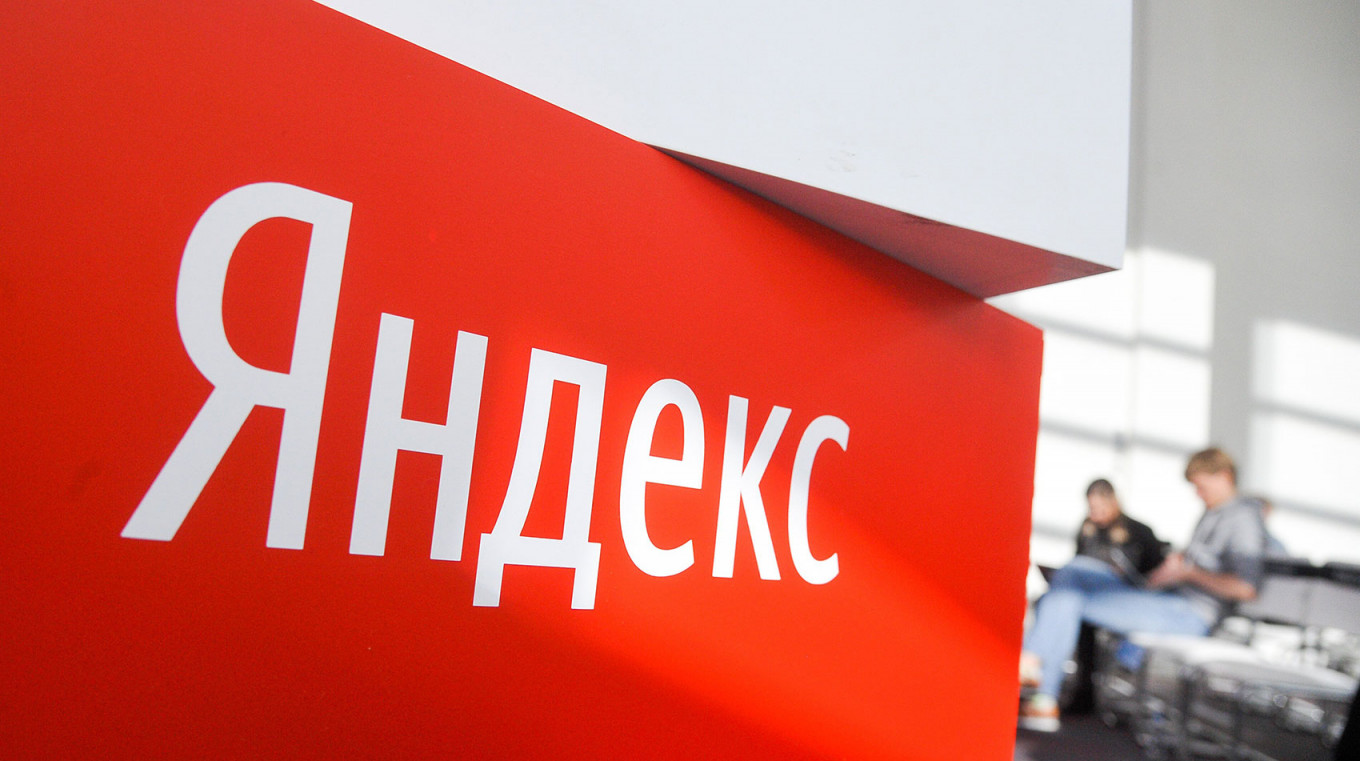When Tonia Samsonova started working for Russian tech giant Yandex in 2019, it was a company that shared her vision of using innovation to solve everyday problems.
But after Russia’s invasion of Ukraine, Samsonova was dismayed to discover that the company’s media aggregator was implementing Kremlin censorship and displayed almost no information about the bloody conflict.
“I realized that we as a company are responsible for this. We are not victims, we are actors,” Samsonova told The Moscow Times. She resigned last month from her position as the head of Yandex’s Q&A service.
The jewel in the crown of Russia’s tech scene for more than two decades, Yandex — dubbed “Russia’s Google” — has been increasingly forced to balance its vision of an innovative, international-facing future with the demands of Russia’s ever more repressive government.
Russia’s attack on Ukraine has made this balancing act all but impossible.
Since the war began, the New York-listed company has hidden independent news from search results and allowed Yandex News to funnel users to state-owned media stories that repeat Kremlin messaging about a “special operation” to “liberate” Donbas. Elsewhere, Yandex has complied with demands to remove BBC podcasts from its streaming services.
Each move has sparked public outrage, with anti-war Russians accusing the company of being no more than a tool of official censorship.

“The Kremlin is in control of Yandex because they are in control of the Russian economy. And because, as a Russian company, you have to follow Russian law. We had to follow these regulations,” said one ex-Yandex employee who requested anonymity to speak freely.
With a series of high-profile resignations and economic turmoil, Yandex’s immediate future is uncertain.
Tigran Khudaverdyan, deputy CEO of Yandex’s Dutch holding company, stood down last month after being sanctioned by the European Union, and Yandex chief executive Elena Bunina stepped down from her position a few weeks later. Both Khudaverdyan and Bunina have reportedly left Russia.
Yandex announced Thursday that it was scaling back its investments and scrapping its financial forecasts for this year.
The company’s shares were frozen on the New York Stock Exchange as a result of Western sanctions, leading bondholders to seek repayment on a $1.25 billion bond guarantee. Yandex said Thursday that it did not have the money for the repayment, and was negotiating to restructure the debt.

“This is totally uncharted legal territory, dependent more on sanctions and legal battles than on anything specific to Yandex,” said investor and philanthropist Esther Dyson, who was one of two Yandex board members who resigned last month.
“Can the cancer at the top be cured without killing the patient? As an American citizen and Yandex stockholder, I am not expecting any financial returns,” Dyson told The Moscow Times.
A particular point of criticism in recent weeks has been aggregator Yandex News, which is heavily skewed toward news reported by Russian state-owned media outlets
“Don't forget that the main propagandist of the war is not TV at all, but the Russian IT giant Yandex,” jailed Kremlin critic Alexei Navalny tweeted last week.
Yandex announced in March that it was seeking a buyer for Yandex News, and company sources told The Moscow Times on Tuesday that Yandex owner Arkady Volozh had tried to sell the asset — as well as blogging platform Yandex Zen — to Russian internet giant VKontakte, but was blocked by the Kremlin. Yandex denied any government interference in the deal.
Walking the tightrope of appeasing the Russian government while pursuing projects abroad and employing a liberal workforce has long been a problem for Yandex.
“We were always looking for ways to distance ourselves from the government. We would work with them on projects like education programs for coders or environmental initiatives, but anything ‘patriotic,’ we’d say no,” said one former employee who left the company last year and requested anonymity to speak freely.

“If they ask you to do something, you think how not to do it. To a certain extent, it works,” said Samsonova.
The Russian state’s drive for greater control over Yandex culminated in 2019 when the company relinquished two board seats to state-appointed directors, handed the state a “golden share” and acquiesced in the formation of a special foundation with the power to block transactions.
However, in the immediate aftermath of the invasion, retaining Yandex’s young, liberal workforce is likely to be the company’s most urgent concern.
Some employees, like Samsonova, quit outright, and there are likely to be more departures, particularly by in-demand engineers and developers.
Many of Yandex’s approximately 18,000-strong payroll fled to Armenia and Israel after the invasion. Yandex reportedly approached the Israeli government about relocating 800 employees, and is seeking an office in the Armenian capital Yerevan.
But while the company’s ethos may change amid staff emigration, resignations and state pressure, its operations in Russia are unlikely to go anywhere.
Yandex can still be a force for efficiency in the Russian economy, according to ex-board member Dyson. “As long as they stick to goods rather than ideas.”
A Message from The Moscow Times:
Dear readers,
We are facing unprecedented challenges. Russia's Prosecutor General's Office has designated The Moscow Times as an "undesirable" organization, criminalizing our work and putting our staff at risk of prosecution. This follows our earlier unjust labeling as a "foreign agent."
These actions are direct attempts to silence independent journalism in Russia. The authorities claim our work "discredits the decisions of the Russian leadership." We see things differently: we strive to provide accurate, unbiased reporting on Russia.
We, the journalists of The Moscow Times, refuse to be silenced. But to continue our work, we need your help.
Your support, no matter how small, makes a world of difference. If you can, please support us monthly starting from just $2. It's quick to set up, and every contribution makes a significant impact.
By supporting The Moscow Times, you're defending open, independent journalism in the face of repression. Thank you for standing with us.
Remind me later.







